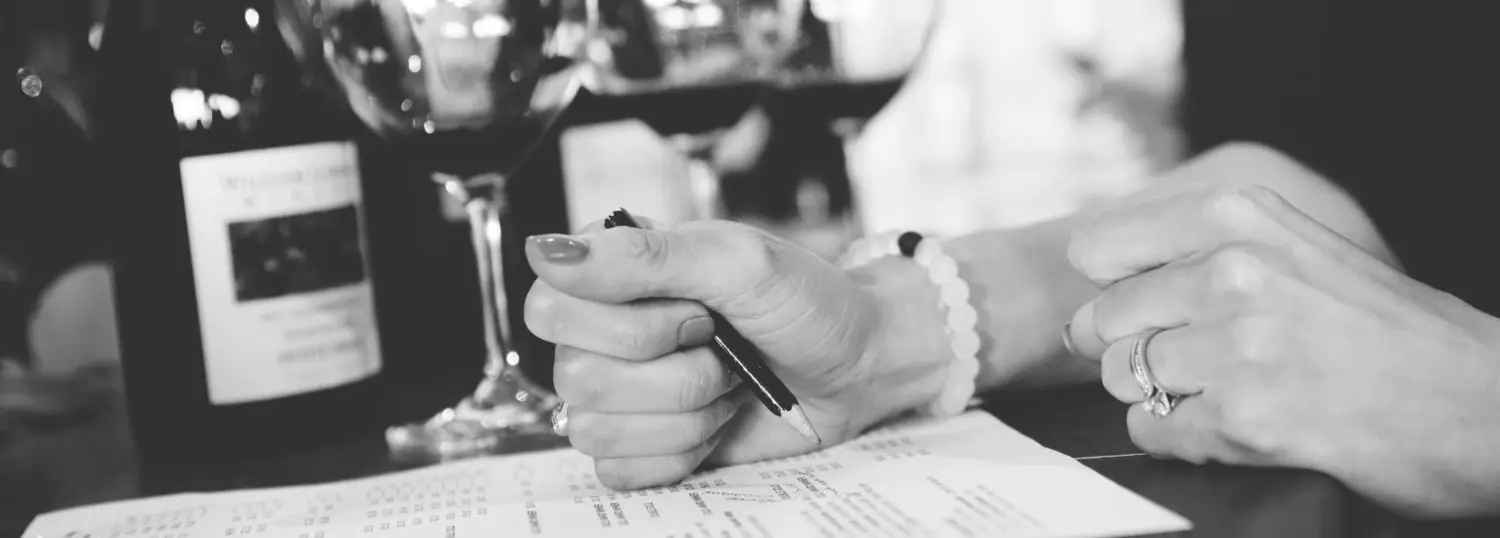Warning: This introduction contains a bit of personal information. I was never a huge fans of rosés until I started writing about wine. Through my studies and various opportunities to taste rosés made from different varietals, made in different styles, and — of course — from different regions, I can now edit that fact to state that I am quite picky about rosés. Similar are my feelings about bubbles. I rarely had opportunity in the past to have them; when I did, they all pretty much tasted the same. I’ve hesitated to write about them because they are, in fact, a whole different wine-making game.
But here I am working an a sparkling wine series, and lo, here is a wine that combines two things I’ve been iffy about in the past — a sparkling rosé. Spoiler alert: the Parigot Crémant Rosé past this skeptics taste test…




